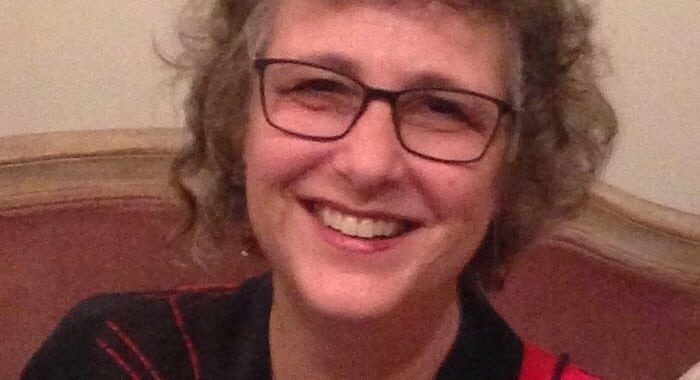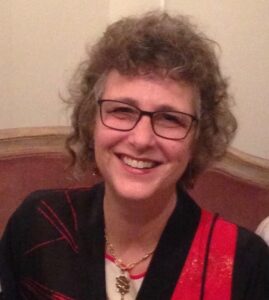By Rabbi Gaylia R. Rooks
Have you ever heard the comment (kvetch) that “the Jewish holidays are so early or so late this year?” Well, they’re extremely late this year! In fact, the first night of Chanukah is Dec. 25. Not that long ago we had ‘Thanksgivukah’ and now the seventh night of Chanukah will be New Year’s Eve.
But on the Jewish calendar, holidays are always right on time – falling on the same date each year. And this year, Chanukah will begin, as always, on the 25th of Kislev.
One interesting note: The idea that Jesus was born on Dec. 25 likely comes from this connection. The date, or even the time of year, is never mentioned in the Gospels or Acts. If indeed the family was en route to Jerusalem, it would have been during one of the pilgrimage festivals that occur in the spring (Passover), summer (Shavuot) or fall (Sukkot). Winter, the rainy season, was not a time to travel and make offerings at the Temple. Just as the Jews adopted and reframed some ancient pagan traditions (in this case celebrating light on the longest nights of the year), Christians adopted and adapted from Judaism.
My favorite little-known fact about Chanukah is that the sixth night is Chag HaBanot: A Celebration of Women honored by Jewish communities in Libya, Tunisia, Algeria, Iraq, Iran, Turkey, Morocco, Greece and Yemen. Known in Judeo-Arabic as Eid Al Bnat (Chag HaBanot in Hebrew) — which translates to Festival of the Daughters, it’s observed on Rosh Chodesh Tevet. Rosh Chodesh is traditionally celebrated by women and so it is fitting that the sixth night of Chanukah be dedicated to them. The girls and women of each community refrain from work and gather to recall female Jewish heroes, especially Judith, who lived during the time of the Maccabees and helped prevent the siege of Jerusalem by decapitating Holofernes, the invading Assyrian general.
Chag HaBanot festivities vary from community to community, but typically include eating sweets and fried treats, dancing, visiting the synagogue to kiss the Torah scrolls, and singing well into the night. Girls approaching bat mitzvah age, as well as women who are engaged, are also publicly celebrated during the delightful evening of Chag HaBanot.
This year on Dec. 25, the 25th of Kislev, the first night of Chanukah, daylight diminishes, and the ensuing darkness lengthens, but Jews across the globe will be gathering to kindle light. We recall our ancestors, the Maccabees, and all who have inspired us with their “Dedication” (that’s what the Hebrew word Chanukah means). We pray that their resilience and faith in miracles will encourage us to share our own light. Even in the darkness, especially in the darkness, we can create light. Even when we believe the small things we do can’t possibly make a significant difference — when it’s hard to believe that miracles still exist — let us remember the letters on the dreidel that call out, A Great Miracle Happened There/Here!
The fact is that there are miracles all around us: tiny little miracles and massive overwhelming ones. If we but open our hearts and our eyes to notice them – and genuinely appreciate them. To be the miracles…
As twilight falls at this moment in our people’s history, when we feel shadows gathering, when antisemitism is increasing so rapidly in our nation and across the globe, we celebrate the miracle of a Louisville Jewish community that has built wonderful synagogues and institutions dedicated to service, learning, and love.
Each of us can find opportunities to increase light — individually by kindling our own light in our chanukiyot, collectively by our actions in the wider world, and as a community by gathering to sing songs, spin the dreidel, and nosh on sufganiyot.
This Chanukah, may you and your loved ones experience great joy creating light, shining light, sharing light, increasing it and being the reason that other human beings believe in the goodness of humanity. Wishing you a season of increased light and love, warmth, and wonder. May we light one another’s lights, growing into a beacon of hope that shines around the world. Chag Urim Sameach — blessings throughout this Festival of Lights.
Gaylia R. Rooks is Rabbi Emerita at The Temple




